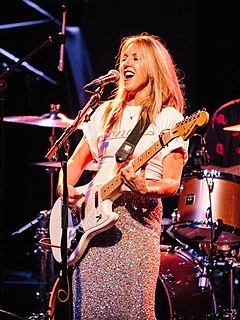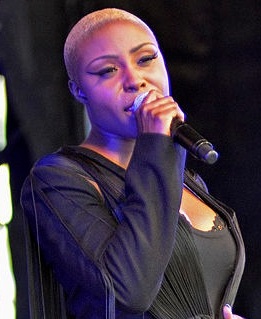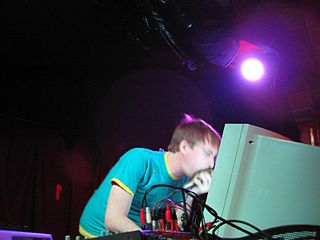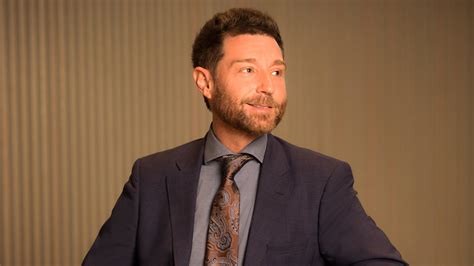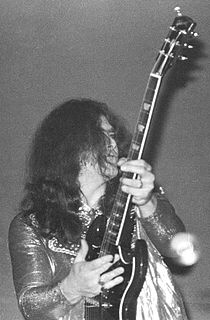A Quote by Paul Weller
The Zombies were really unique - they had elements of jazz and classical music in their songs and songwriting. They had a very, very different sound compared to a lot of their contemporaries at the time.
Related Quotes
It was something very beautiful because we all had that interest. We were very close to all of the different groups of the time - the ones that we began to play with in the same venues - Maldita Vecindad, Caifanes, Botellita de Jerez. However, we were all very different, and each group had their unique way of expressing themselves; their own original voice. It was a very beautiful era of Mexican music, and the truth is that we are very fortunate to have been part of it.
When I started music, I started out in Puerto Rico with classical music. But what really made me want to be a musician was jazz, and because I didn't grow up with jazz, I had to learn it from a very basic level. I had to go into the history and learn everything about the development of the music, all the players and all that stuff.
I only knew classical music, which to me was the only true music. The only way I could survive at the bar was to mix the classical music with popular songs, and that meant I had to sing. What happened was that I discovered I had a voice plus the talent to mix classical music together with more popular songs, which at the time I detested.
I had a hole in my voice. It's an area in the voice where it's air. It's just - there's no - it's just very airy. And my classical teachers were just so frustrated with me because I would have these deep, low notes that were really strong, and the higher register was strong, but right in that middle area, it was really hard. It was like a passage. And many singers go through this and work it out. But I realized in jazz, I could just take advantage of that and take advantage of having a voice that was very different in different areas.
A lot of times, that's hard to capture: what you sound like in person versus what you sound like on record. If I had total control, I would do a lot of the old songs - not only my songs but Sam Cooke songs, Luther Vandross, melody songs. That's what I would really do if I had an opportunity to do a record.
Everybody has their own approach to songwriting. When you're an electronic musician, the whole writing process just depends. Some people have a very live way of writing electronic music, very improvisational. They set up a lot of gear and do live takes. I'm concerned with having a specific kind of sound. There's not one second that I haven't put thought into. I put almost as much time into my live shows as I do into writing music, but they're two completely different processes. Some people think the way I perform live is how I write songs, which isn't true at all.
I think of myself as a jazz player, and my music as a natural extension of the jazz tradition. What I'm doing is completely free improvisation ('composing in real time') with nothing predetermined. I've had a lot of experience playing many different kinds of music and several different instruments, and since I tend not to waste anything, it all shows up somewhere in the music I'm playing now.
I remember we were out on the road when the album finally came out in February 1973. I listened to it in my hotel room and just got this really big smile. I was thinking, 'It's amazing, we're really pulling this off'. The album was very, very unique and very, very different. I was really proud of the songs, especially 'No More Mr Nice Guy', 'Billion Dollar Babies' and 'Generation Landslide'.
When I was 18, I took a trip to Thailand with a friend. We stayed for a month. Bangkok was very raw for a teenager: there were no cellphones, no Internet, and the only music I had with me was this cassette by Liz Phair. I was writing a lot of poetry, and she embodied a talky style of songwriting that I found very accessible.
The average age of the Jazz audience is increasing rapidly. Rapidly enough to suggest that there is no replacement among young people. Young people aren't starting to listen to Jazz and carrying it along in their lives with them. Jazz is becoming more like Classical music in terms of its relationship to the audience. And just a Classical music is grappling with the problem of audience development, so is Jazz grappling with this problem. I believe, deeply that Jazz is still a very vital music that has much to say to ordinary people. But it has to be systematic about getting out the message.






